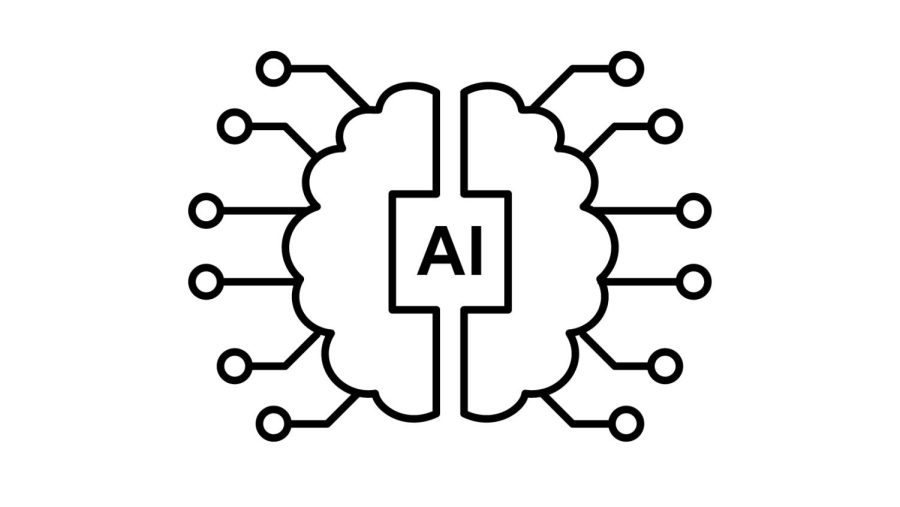WKU professor shares insights about artificial intelligence in the classroom
February 28, 2023
Artificial intelligence, specifically ChatGPT, has seen significant advancement in recent years, as it has become easier to access it than ever before — and it’s changing the classroom.
“We live in a shifting world, and these are tools that are going to be part of the mix, both for us as faculty and students as they go forward,” Jacob Byl, assistant professor in the economics department, said. “We’re in a time of uncertainty as the best ways to use them in responsible ways guard against misuses. It’s daunting but exciting that we have these new tools available.”
Byl himself has incorporated the use of artificial intelligence into his class, first during the winter semester, as he ran writing submissions through a ChatGPT detector algorithm. Additionally, in his law and economics course, he allowed students to use the software, as long as students were transparent about the entire process behind the prompts they used and any edits.
“The more exciting part is trying to responsibly incorporate it into coursework,” Byl said. “[…] What we’re doing now is looking at how ChatGPT did on those kinds of questions from that homework assignment, by looking together as a class at the ChatGPT outputs.”
In the context of a legal class, the AI would give about 70 to 80% correct answers, with about 20% of cases being made up by the AI, Byl said. Over the course of the last month, the AI has learned and become better about recognizing that some interactions were not real cases.
“With my students, my goal with them is to get them familiar enough to recognize both strengths and weaknesses of using these types of products,” Byl said. “I think it is going to be a part of their lives going forward, and so learning to use it responsibly is going to be important.”
In the context of economics, Byl believes that it will take some time for artificial intelligence to understand the nuances of the field, but can help to understand the more basic aspects of it, such as supply and demand curves.
Some benefits to education that ChatGPT provides would be that it can serve as a writing improvement tool, potentially as a research tool for sources, different topics and avenues of inquiry, and as interactive learning experiences, such as using a chat bot to simulate a conversation with a historic or fictional figure, Byl said.
“I think the process of doing research as almost the pinnacle of academic achievement, and therefore, assumed it would be the most difficult for an AI bot to replicate in any way,” Byl said.
Some detriments to education that ChatGPT presents would be that students would not be able to develop skills for independent thinking in the same way. Students could use the AI to identify promising research topics, but it could take away from the students doing the research and utilizing their thinking skills.
“It’s actually surprisingly good at summarizing a research field, in literature, and adding lines of inquiry to add to that research,” Byl said. “Not that it’s always right, but at least as far as giving ideas; for my students, coming up with a final paper topic, this may be one thing they consider to use ChatGPT to narrow down those topics.”
Byl has used ChatGPT as an option for students to use, but will be willing to use it more, depending on how the development of the AI progresses, while wanting to maintain a balance to keep those critical thinking skills.
“It’s a bit of the wild west, and that’s exciting but a little bit scary,” Byl said. “So far, I’m having fun with it.”
Reporter Damon Stone can be reached at [email protected]













